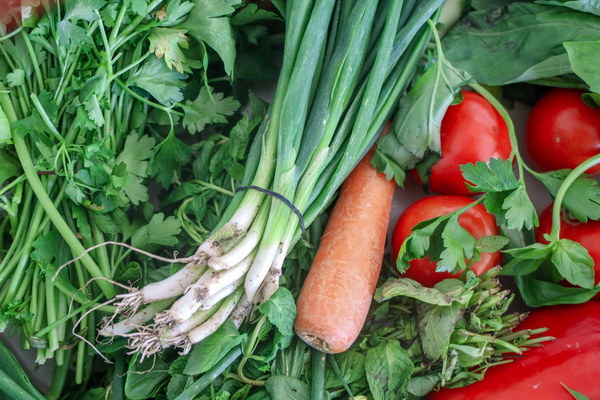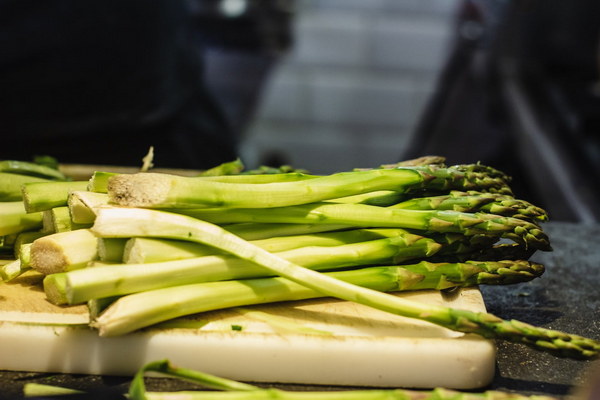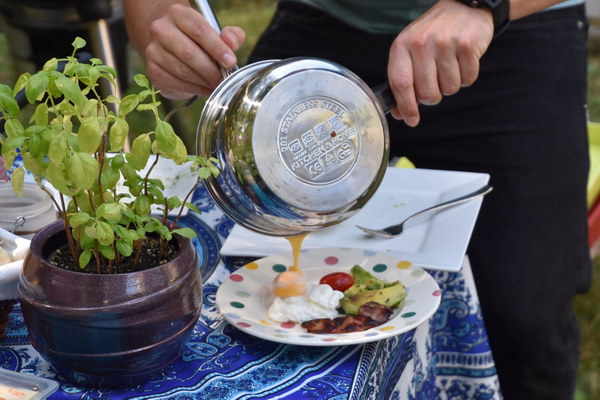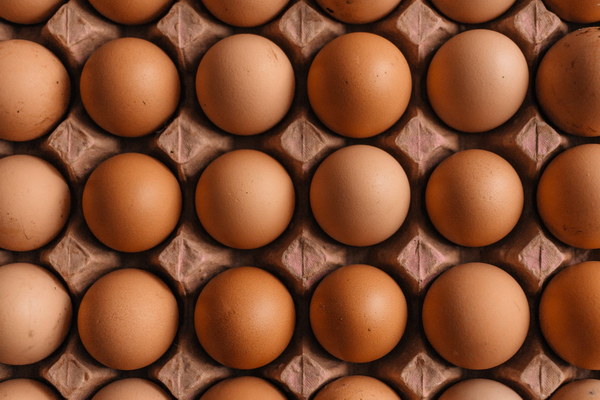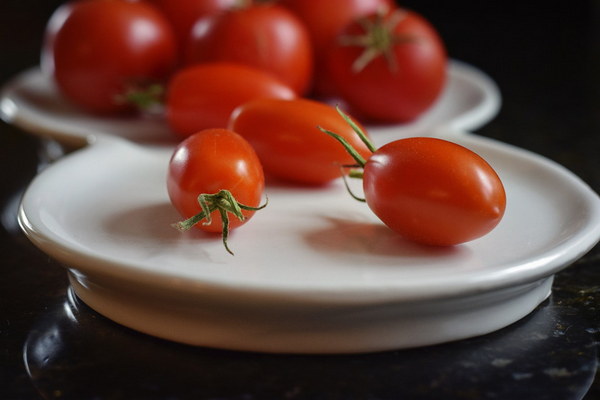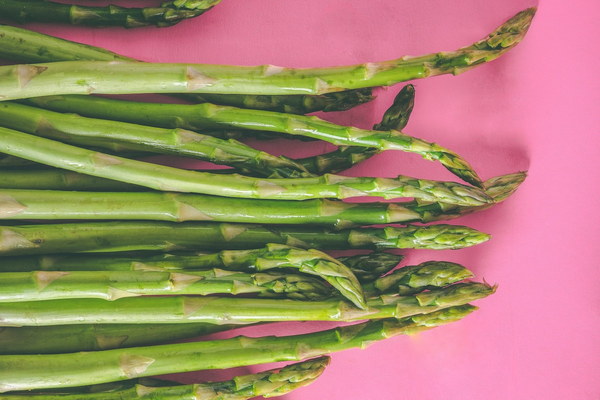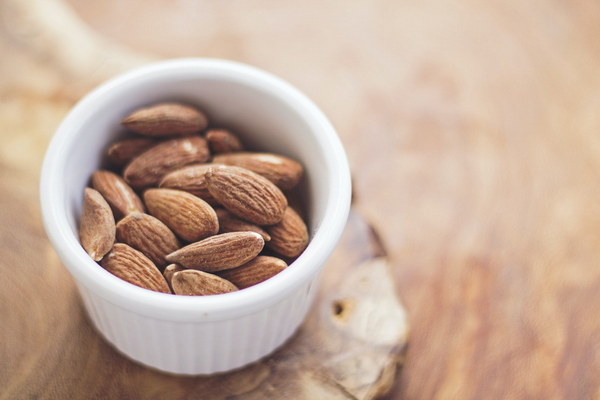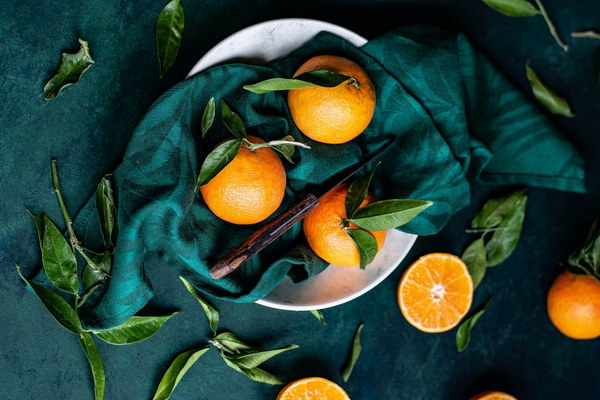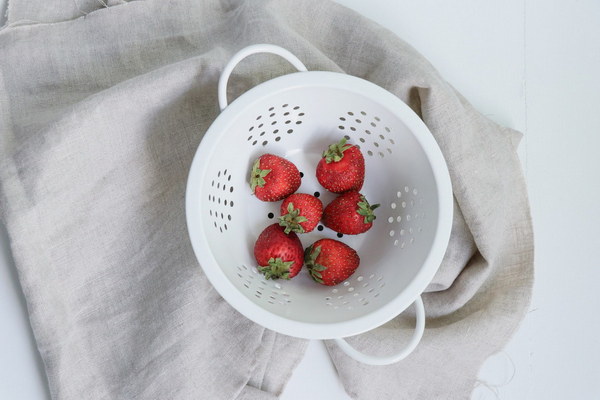Nourishing Remedies A Guide to Kidney Stone Diet for Natural Relief
Introduction:
Kidney stones are a common and painful condition that affects millions of people worldwide. While medication is often necessary to treat kidney stones, adopting a kidney stone diet can significantly aid in preventing their recurrence. This article explores the benefits of various dietary adjustments and natural remedies that can help alleviate kidney stone symptoms and promote kidney health.
1. Importance of Hydration:
Proper hydration is crucial in preventing kidney stones. Drinking plenty of water helps dilute your urine, making it less likely for crystals to form. Aim to consume at least 8-10 glasses of water per day. Adding lemon or lime juice to your water can also help prevent kidney stones, as the citric acid in these fruits helps to dissolve certain types of kidney stones.
2. Limiting Salt Intake:
High salt consumption can contribute to kidney stone formation. Excess salt increases the amount of calcium in your urine, which can lead to the development of kidney stones. To reduce your salt intake, avoid processed and packaged foods, limit the use of table salt, and opt for low-sodium alternatives.
3. Managing Calcium Intake:
Contrary to popular belief, consuming calcium-rich foods does not increase the risk of kidney stones. However, it's essential to balance calcium intake with vitamin D and magnesium to prevent kidney stone formation. Incorporate dairy products, leafy greens, and fortified foods into your diet to ensure adequate calcium intake. Additionally, consider taking a magnesium supplement, as it can help reduce the risk of calcium stone formation.
4. Incorporating Citrus Fruits:
Citrus fruits, such as oranges, grapefruits, and lemons, are beneficial in preventing kidney stones. They contain citrate, a compound that helps to dissolve certain types of kidney stones. Aim to include these fruits in your daily diet or consume them in the form of juice. However, be cautious with grapefruit juice, as it can interact with certain medications.
5. Avoiding Certain Foods:
Some foods can increase the risk of kidney stone formation. It's essential to avoid or limit these foods to prevent stone recurrence. These include:
a. High-oxalate foods: Foods high in oxalate, such as spinach, rhubarb, and nuts, can contribute to kidney stone formation. While it's not necessary to completely avoid these foods, consume them in moderation.
b. Animal protein: High-protein diets can increase the risk of kidney stone formation. Aim to consume lean protein sources, such as fish and poultry, in moderation.
c. High-sugar foods: High sugar intake can lead to an acidic urine environment, making kidney stones more likely to form. Limit the consumption of sugary drinks and processed foods.
6. Natural Remedies for Kidney Stones:
In addition to dietary adjustments, there are several natural remedies that can help alleviate kidney stone symptoms and promote kidney health:
a. Dandelion tea: Dandelion tea is known for its diuretic properties, which can help flush out kidney stones. Brew a cup of dandelion tea twice a day and drink it warm.
b. Parsley juice: Parsley juice has been shown to help dissolve kidney stones. Mix a few drops of parsley juice with water and drink it daily.
c. Apple cider vinegar: Apple cider vinegar can help break down kidney stones and promote kidney health. Mix one tablespoon of apple cider vinegar with a glass of water and drink it twice a day.
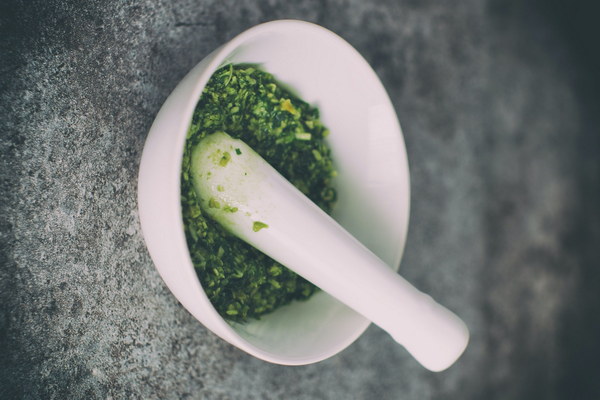
Conclusion:
Adopting a kidney stone diet and incorporating natural remedies can significantly reduce the risk of kidney stone recurrence and alleviate symptoms. By focusing on hydration, limiting salt and certain food groups, and incorporating beneficial foods and natural remedies, you can promote kidney health and prevent kidney stones. Always consult with a healthcare professional before making significant changes to your diet or starting any new treatment.
